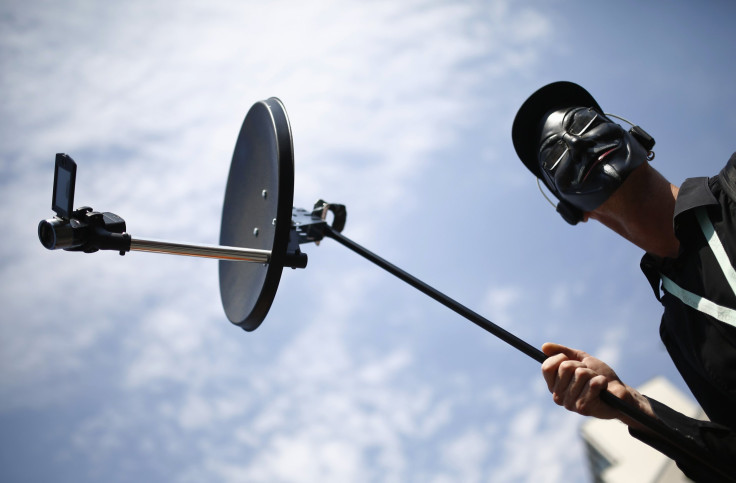United Nations Report Defends Encryption Technology, Condemns Surveillance

The United Nations declared that privacy and encryption technology are essential tools for democracy, in a landmark Thursday report calling for strong protections on anonymous speech and condemning government overreach.
The global body’s special rapporteur on the promotion and protection of the right to freedom of opinion and expression, Daniel Kaye, published a report that enshrined encryption technology as essential for creating “a zone of privacy to protect opinion and belief.”
Kaye said that the advantages offered by these programs went well beyond political speech: “The ability to search the Web, develop ideas and communicate securely may be the only way in which many can explore basic aspects of identity, such as one’s gender, religion, ethnicity, national origin or sexuality.”
He particularly condemned calls from U.S. government officials to prohibit or limit encryption, urging them instead to strengthen it. “The United States Congress should further consider a secure data act introduced in the Congress that would prohibit the Government from requiring companies to weaken product security or insert back-door access measures,” he said.
The issue of state-monitored encryption has become especially important after the revelations about mass surveillance by the U.S. National Security Agency, which were leaked by whistleblower Edward Snowden, and detailed measures used by the intelligence agency for gathering private communications and "defeating network security and privacy." Since then, several major tech companies, including Google, Apple and the messaging service Whatsapp, have embraced strong encryption to protect their users’ communications from interception, and the number of users retaining anonymity through the Tor Internet browser has doubled.
A group of civil liberty groups and policy experts on Tuesday sent President Barack Obama a letter calling on him to reject any legislation that would outlaw encryption. “Encryption protects billions of people every day against countless threats -- be they street criminals trying to steal our phones and laptops, computer criminals trying to defraud us, corporate spies trying to obtain our companies’ most valuable trade secrets, repressive governments trying to stifle dissent, or foreign intelligence agencies trying to compromise our and our allies’ most sensitive national security secrets,” the letter said.
Encryption is “not about hiding, it’s about exercising the right that you have under human rights law,” Kaye told the Intercept on Thursday. “If you create an Internet that is encrypted and is secure, you are giving people a default setting of privacy which advances their ability to do research, to exchange information, to do all the things that they are guaranteed under human rights law. That move is critical.”
In recent weeks, several White House officials have come down hard against encryption, claiming that it enables terrorists and criminals to plot and act in secret. “We see many more people involved in terrorism investigations using peer-to-peer communications, specifically encrypted communications that are designed to disappear once they are sent,” Attorney General Loretta Lynch said on Wednesday.
Also on Wednesday, FBI Director James Comey called the letter “depressing.”
“As all of our lives become digital, the logic of encryption is all of our lives will be covered by strong encryption,” he said, according to the Christian Science Monitor. “Therefore all of our lives … including the lives of criminals and terrorists and spies, will be in a place that is utterly unavailable to court-ordered process. And that to a democracy should be utterly concerning.”
Kaye’s report also slammed other governments around the world for their anti-encryption stances, condemning policies embraced by countries like China, Russia and South Korea that require Internet users to register with their real names, which he called “a kind of ban on anonymity.”
He also spoke out against laws that require mobile phone connections or SIM cards to be registered with the government, a policy enacted by over 50 countries in Africa and other nations like Colombia and Peru. “Compulsory SIM card registration may provide Governments with the capacity to monitor individuals and journalists well beyond any legitimate government interest,” the report said.
Kaye’s report is due to be formally presented to the U.N. on June 17.
© Copyright IBTimes 2024. All rights reserved.











